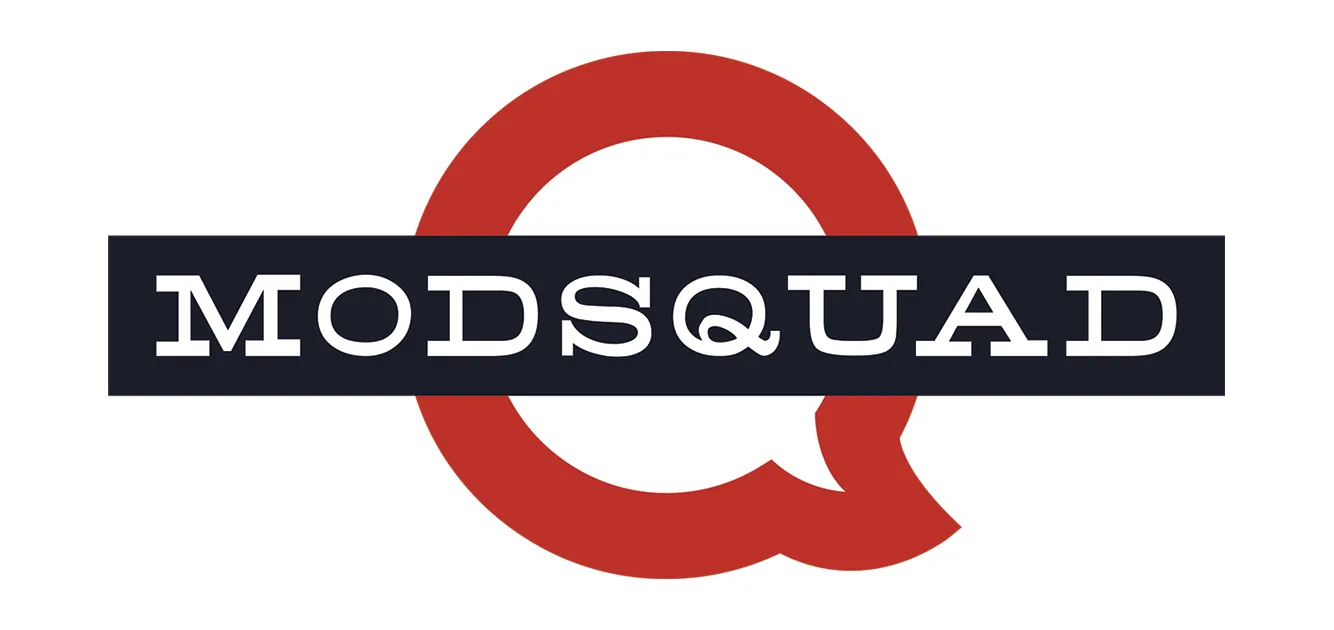
Kids in the Gaming Era
I have two kids. One 8, the other 14. Both boys. These guys cut their teeth on games that were light years ahead of the 8 bit games I started on. More realism, more detailed story lines, more everything.
My 14 year old is Autistic. He absolutely hates violence. He is the artistic one of the pair. He’s also a perfectionist (in part from his autism). When he gets a game, that game MUST be finished. And not just to the point of beating the game. He has to find every single thing in the game, complete any side games and unlock every secret item or area in the game. Until he has done it all, he is not satisfied.
My 8 year old is into military or zombie games and first person shooters are his favorite. The polar opposite of my oldest in every way.
Keeping my kids safe online is constantly on my mind. The reason I got into the industry in the first place was to become more familiar with the practices in place for protecting children online.
My youngest is almost easier to handle because I simply keep him off certain games online and keep an eye on him when he plays the limited number of games he can play online. I’m sure it drives him up the wall to have Dad looking over his shoulder but, with everything I’ve seen in “kids” games, he’s going to have to get used to it.
With my oldest, it gets a little more difficult when it comes to online gaming. Luckily, there aren’t many games that he plays online. The ones he does choose to play online are usually for his age range but seeing as his social skills are not as advanced as a “normal” 14 year old, even a simple conversation with another player can turn bad.
He may not quite understand what the other person is saying or he may just be interested in talking about something he wants to talk about and show no interest in what others are saying.
One of his favorite things is to randomly quote movies (he wants to be a director when he grows up) and it’s not usually in context with the current conversation. Totally random.
The fact that he may not be able to joke about the same things or talk about the same things makes him a target for bullys. He’s experienced this in the real world, but keeping it from happening in the virtual world is difficult.
This just points to the complexity of moderating the online gaming world. It’s not always black and white but multiple shades of gray. Those on the front lines of moderation for these worlds need to be able to recognize and understand that one 8 year old does not reflect every 8 year old. And just because someone is 13 or 14, they may act as though they are much younger. Not to start trouble but simply because that is how they are.
Safety is the number one goal and I sometimes think moderators end up keeping to the rules so strictly, they have blinders on to the possibility of kids playing their games that may not be your “average” kid.
It would be nice if people in charge of keeping the safety in these games could understand the difference between the “normal” behaviors and the behaviors of someone that doesn’t think the same way as another child might. It’s a very tough situation in a virtual world but it will become more common.
When I had my son, the odds of a child being diagnosed with Autism were certainly a lot less than they are today.
It’s not clear if that is showing that more kids are being born with it or that more kids are actually being diagnosed but, the “kid demographic” could very possibly change a lot of how gaming, especially online, is handled.
In the end, I find myself trying to keep both kids safe using whatever tools I have available. As a parent, my ultimate goal is for my kids to be safe and happy. My kids may not agree with how I’m handling that right now, but I’d like to think they will thank me for it someday.
Autism Speaks – http://www.autismspeaks.org
National Autism Association – http://www.nationalautismassociation.org
— Chris Jensen

